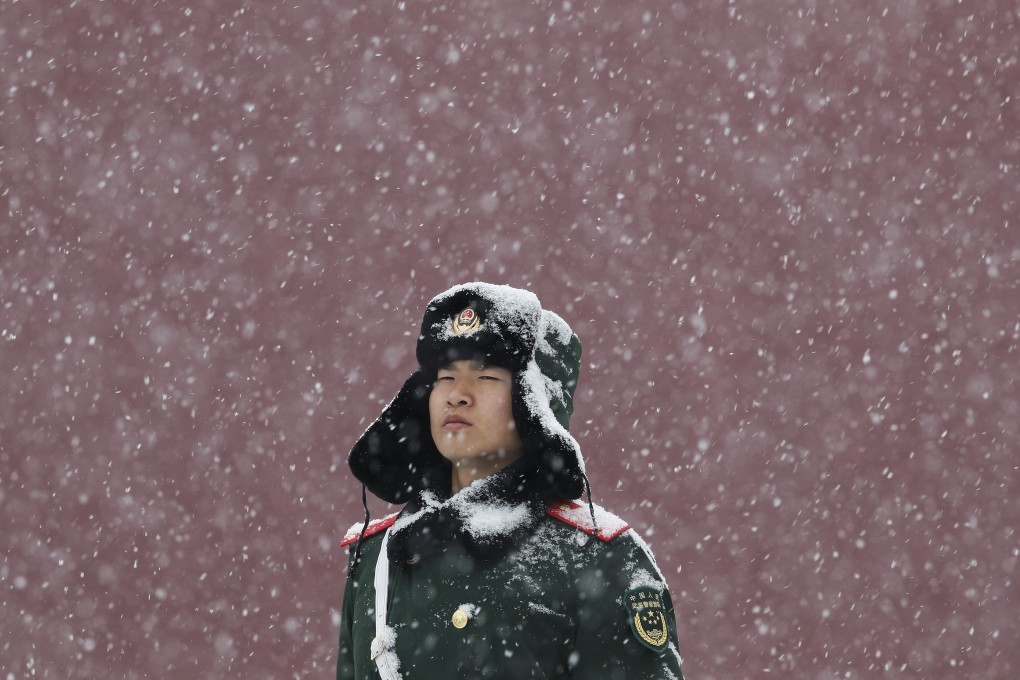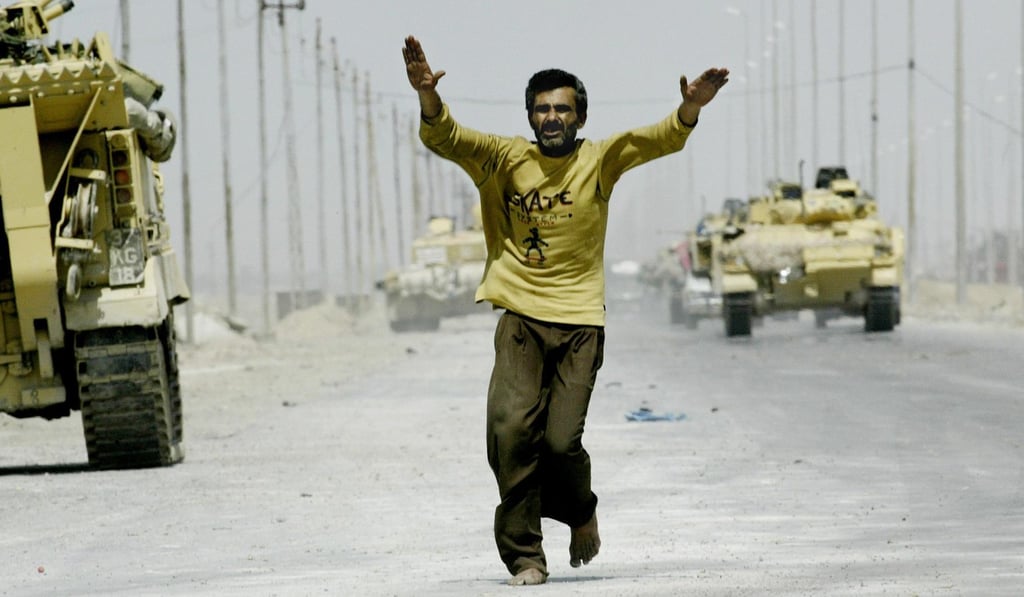Opinion | China may have lost the goodwill of the West, but all is not lost
- Zamir Ahmed Awan says while China grew rich in a non-hostile environment, with the US and its allies focused on countering the USSR and others, it is now perceived as a threat and target. Beijing must draw on its wisdom to weather the storm

China has emerged as the world’s second-largest economy and a global power to be reckoned with. This was possible because of rapid industrialisation in the early 1960s and then the reforms and opening up in the past four decades.
The country owes its success to the right policies carried out by visionary leaders, and the hard work of the people. But there was another very important, and often ignored, factor. China developed in a non-hostile environment, one where the US and other Western countries supported it, and helped it grow.
Indeed, from the 1970s until recently, the US and the West were pro-China. Their energies were first focused on isolating and confronting the USSR, then after the disintegration of Soviet Union, they turned their attention to the energy-rich Middle East.
In the Middle East, Iraq, then the region’s strongest military might, was systematically destroyed. Its leader Saddam Hussein was portrayed as a demonic dictator, and the country was invaded after being falsely accused of storing weapons of mass destruction. The government of Libya was also destroyed and its leader Muammar Gaddafi killed. As for the war in Kuwait, leaked documents arguably showed that the US ambassador effectively gave the green light to Saddam to invade. America’s role in all these wars cannot be denied.

After the disintegration of the Soviet Union, Washington’s say in global affairs was established, marking the start of the unipolar era. The Syrian war, however, has turned the tables on unipolarity. The Russian involvement in Syria was an act of countering the US and its Nato allies.
